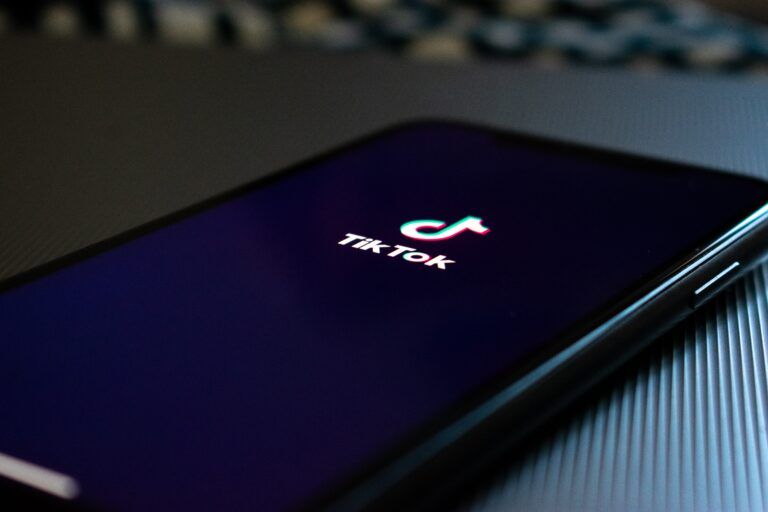
A Closer Look at TikTok
TikTok is beholden to Chinese law, making its presence in the United States a potential national security issue.

TikTok is beholden to Chinese law, making its presence in the United States a potential national security issue.
Facebook, Twitter, and Google have all established different positions on political ad policies, underscoring the complexity of political advertising in the digital era.

Legislation is being passed to hold social media platforms like Facebook responsible for the content that is available on them.
Critics say that large tech companies report relatively little of their profit in local jurisdictions where they sell services and products.
The European Commission’s investigation of Google’s alleged misconduct has done nothing but expand and intensify over the last six years.
In April 2016, the CFA launched the GTP, aimed at creating an online resource for the public to explore the relationship between Google and the government.
On June 14, 2016 the District of Columbia Circuit Court of Appeals upheld the Federal Communications Commission’s (FCC) Open Internet Rules.
Video streaming company FilmOn won a surprising victory in federal District Court this month.

In this article, I present the architecture of the media playback infrastructure with Stagefright as the underlying media player.